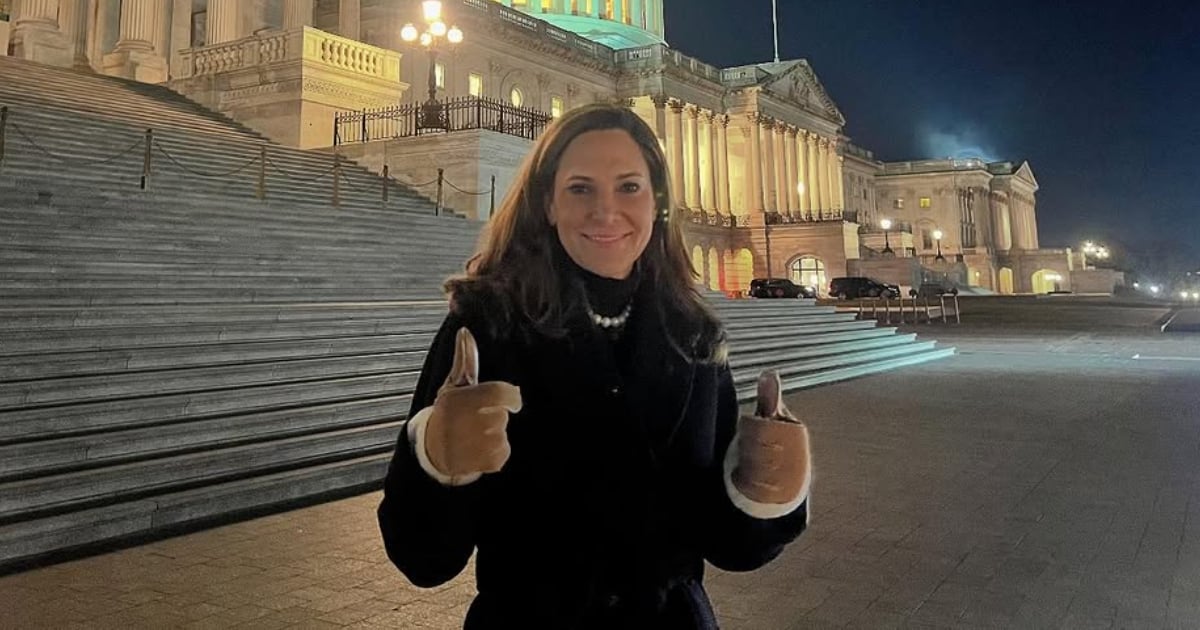Cuban-American Congresswoman Maria Elvira Salazar is championing a legislative proposal aimed at legalizing the immigration status of thousands of Cubans who entered the United States with the I-220A form. This initiative seeks to grant them permanent legal status in the country.
The proposed legislation calls on the federal Congress to allow any Cuban holding an I-220A to continue the immigration process until they obtain parole and can benefit from the Cuban Adjustment Act. Salazar, a Republican representative from Florida, elaborated on this during a forum organized by Univisión.
The I-220A form is a document issued by immigration authorities to asylum seekers released under supervision. However, unlike parole, this document does not provide clear immigration benefits, leaving many Cubans in a state of legal uncertainty.
According to immigration experts, Cubans with the I-220A form face significant challenges due to the unclear nature of their legal status. Unlike Temporary Protected Status (TPS) beneficiaries, such as Venezuelans, I-220A holders lack work authorization and protection from deportation, complicating their integration into American society.
Salazar has advocated for these immigrants to benefit from the Cuban Adjustment Act, which allows Cubans to apply for permanent residency after one year and one day of residence in the country.
In May 2023, she called on then-Secretary of Homeland Security Alejandro Mayorkas to grant them a status that would allow them to benefit from this law. Despite her efforts, the U.S. Board of Immigration Appeals ruled in 2023 that the I-220A form is not valid for obtaining legal residency, impacting thousands of Cubans.
In light of this situation, Salazar urged those affected not to lose hope, stating that it is "impossible to leave nearly half a million Cubans in limbo" and emphasized at the time that the Biden administration, along with Secretary Mayorkas, had the power to grant them legal status.
In August 2024, Salazar sent a message to Cuban migrants with I-220A, assuring them she was continuing to work towards enabling them to apply for permanent residency through the Cuban Adjustment Act. She has also encouraged Cubans with I-220A to register in a database she is building, aiming to present their cases and exert pressure for a "Parole in Place," allowing these migrants to adjust their status without having to leave the country.
More recently, in February 2025, there has been a reported increase in fear of deportations among Cubans with I-220A due to new immigration policies. Salazar has reiterated her commitment to finding solutions for these immigrants and has called on the community to remain hopeful as she collaborates with the government to seek a favorable resolution.
Addressing the Legal Status of Cubans with I-220A
What is the I-220A form?
The I-220A form is a document issued to asylum seekers released under supervision by U.S. immigration authorities. It does not provide clear immigration benefits or legal status.
How does the proposed legislation aim to help Cubans with I-220A?
The legislation seeks to allow Cubans with I-220A to continue the immigration process until they receive parole, enabling them to benefit from the Cuban Adjustment Act and apply for permanent residency.
Why is there uncertainty for Cubans holding I-220A?
Cubans with I-220A face uncertainty because the form does not provide work authorization or protection from deportation, unlike other immigration statuses like TPS.
